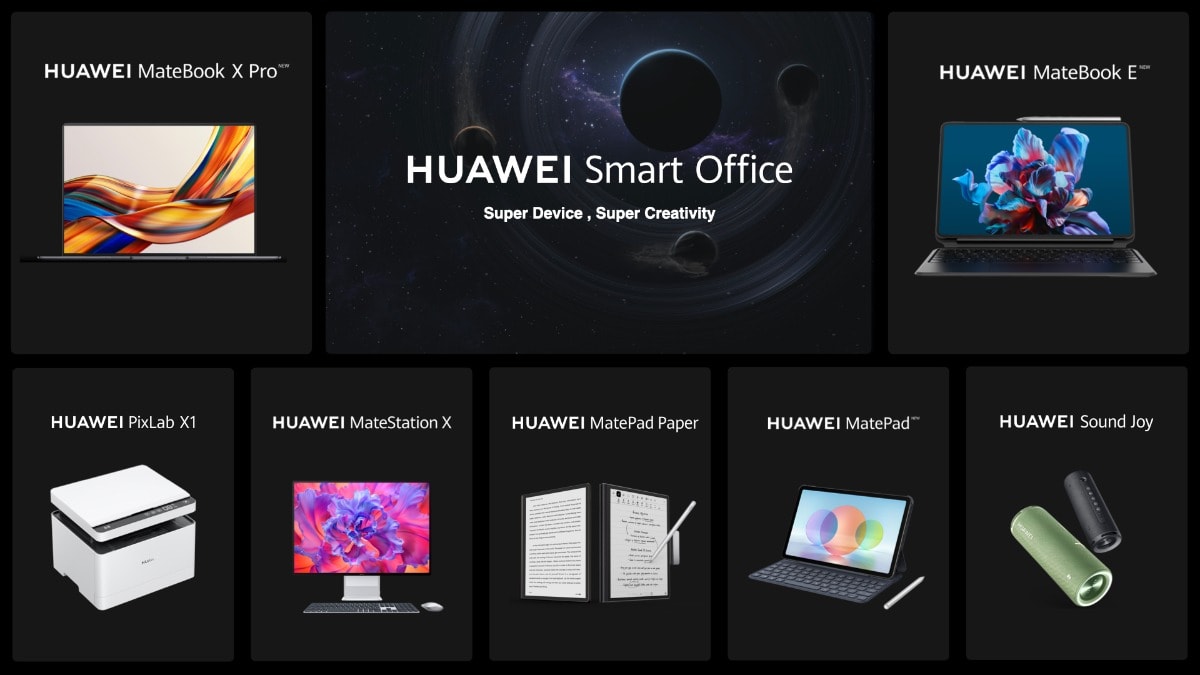Huawei Technologies, the Chinese multinational technology company, announced its plans to significantly expand its HarmonyOS ecosystem in the coming months. Over the weekend, the company revealed that it aims to launch 100,000 applications for its HarmonyOS operating system within the next six to 12 months.
This ambitious move comes as Huawei seeks to further its self-reliance in the face of mounting global pressure, especially from the United States and its allies.
Read also: MTN users in South Africa access 300+ video games with CloudPlay launch
Geopolitical tensions and the need for self-reliance
Huawei’s push to develop a robust app ecosystem for HarmonyOS has been driven in large part by the escalating geopolitical tensions between China and the United States. In recent years, Huawei has faced a series of sanctions and trade restrictions imposed by the U.S., Great Britain, Canada, and other Western countries, citing security concerns over the company’s products. These restrictions have limited Huawei’s access to essential technologies, including Google’s Android operating system, which the company had previously relied upon for its smartphones.
The escalating trade war between the U.S. and China has only intensified the urgency for Huawei to develop its own technologies. President-elect Donald Trump’s administration had already placed Huawei on a blacklist, and with rising tensions between the two countries, the need for domestic innovation has become even more critical. The pressure to create self-sustaining technological solutions has spurred Huawei’s accelerated development of HarmonyOS, which the company views as a way to reduce its dependence on U.S.-based technology and ensure greater control over its future.
Huawei chairman Xu Zhijun told a conference on Saturday that the ecosystem wants more customised and boutique apps despite having over 15,000 HarmonyOS-based applications that can cover users’ fundamental needs.
“Based on our analysis, for the Harmony ecosystem to be mature in meeting consumer needs, 100,000 apps is the milestone, and that is the key objective over the next six to 12 months,” Zhijun said.
The current state of HarmonyOS and app ecosystem
Huawei launched HarmonyOS in August 2019, just months after the U.S. imposed trade restrictions on the company. Initially, HarmonyOS was designed as an alternative to Android, with an emphasis on flexibility across a wide range of devices, from smartphones to laptops, tablets, and even IoT devices. At the time of its launch, Huawei acknowledged that it was entering a competitive market with an operating system that was still in its early stages of development.
Huawei’s commitment to accelerating development
Huawei’s leadership has expressed unwavering commitment to developing and growing the HarmonyOS ecosystem. Xu Zhijun conceded that HarmonyOS is still a work in progress and may not be as polished as its competitors, but he urged users to remain patient and support the system. He stated, “The more people use it, the faster it will mature,” acknowledging that user feedback is essential in refining the system and driving its improvement.
The company is determined to continue investing heavily in the development of HarmonyOS, despite the challenges posed by the ongoing geopolitical issues. Xu declared that Huawei would not be deterred by the setbacks and would remain resolute in its goal to make HarmonyOS a globally recognised operating system. “No way back leads to victory,” he stated, reinforcing the company’s commitment to moving forward regardless of the obstacles.















